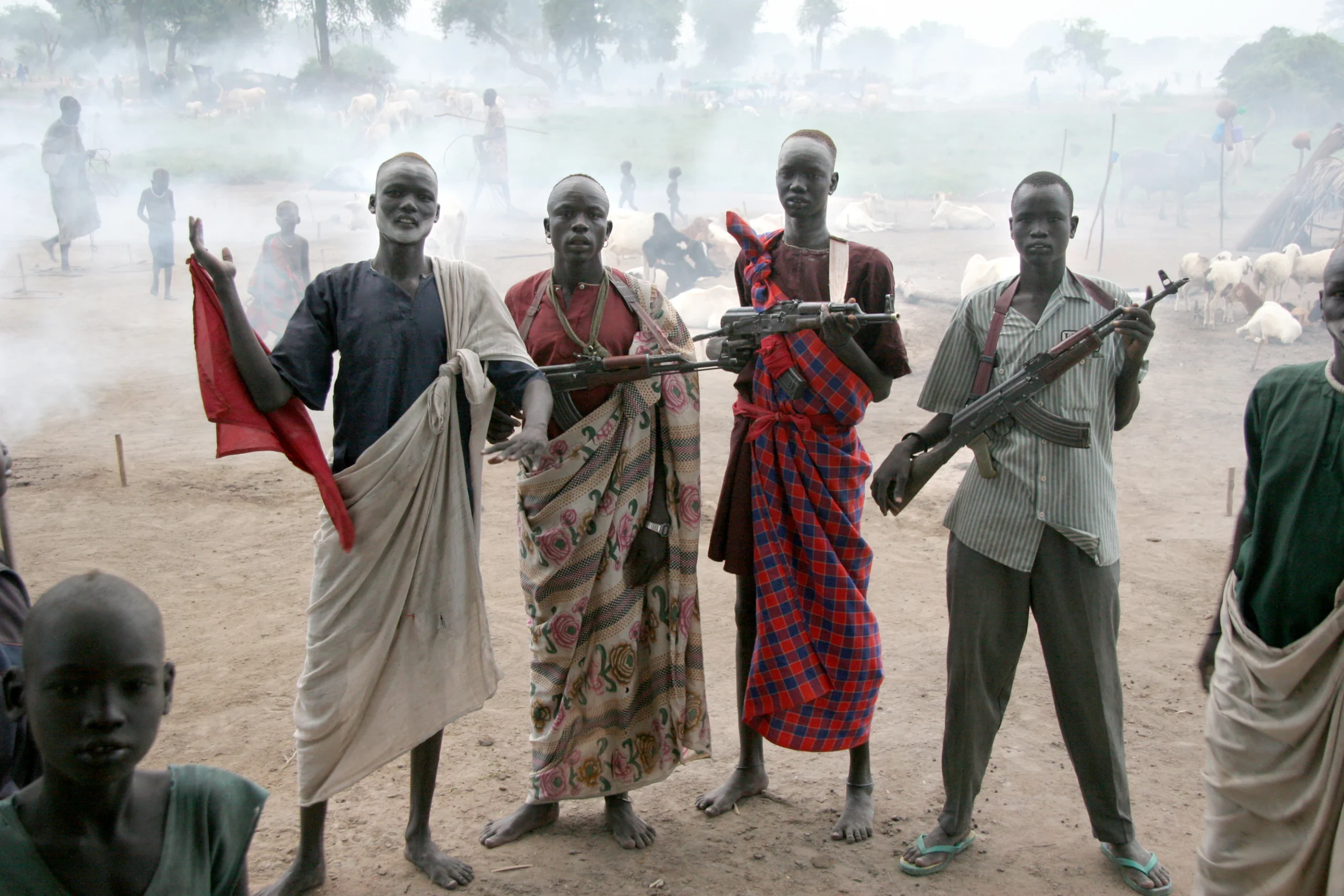
Following the coup d’état of Sudan’s President Omar al-Bashir in April 2019, the influential
social movement that aided in doing so gave hope for a peaceful and united Sudan. However,
Sudan’s history of civil war since the declaration of its independence has since repeated itself,
as war broke out in Khartoum in April 2023 and has since spread across the country. The same
security forces that were vital in overthrowing Omar al-Bashir in 2019 staged another coup in
2021, one aimed at disrupting and ending Sudan’s transition to a democratic government,
further exacerbating issues that have caused the present-day war.
The factions causing this outbreak of violence and war are the The Rapid Support Forces, a
paramilitary which emerged in the al-Bashir era of the Sudanese government, and the
Sudanese Armed Forces, a former Sudanese paramilitary faction. The RSF was created from
an Arab-majority armed group funded by Bashir to fight against southern Sudanese rebels in the
Darfur War. The group is known for their brutal and violent attacks in the Darfur region, and
have caused mass displacement, committed sexual violence, kidnapping, and other heinous
war crimes. On the other hand, the SAF’s duties are consistent with a typical countries’ army,
with the goal of upholding domestic order and contributing to the country’s development.
However, these duties have not been upheld as extreme violence has been committed on both
sides.
This conflict has seen the two factions in a struggle for power that has resulted in the killing of
thousands of people, causing the world’s largest human displacement crisis. Both sides have
committed numerous war crimes, visible in the 500% increase in killings, sexual violence, and
recruitment into armed groups and factions in comparison to last year. Additionally, this conflict
has resulted in destroyed infrastructure that has exacerbated already high levels of poverty,
extortionate rates of malnutrition, lack of safe drinking water, waterborne diseases, and the
absence of education for children that could result in Sudan facing a $26 billion lifetime earning
loss.
Naturally, the pressing question is raised as to why no one is coming to Sudan’s aid to stop the
bloodshed and various human rights abuses. The lack of attention this conflict is receiving from
other states is surprising due to Sudan’s geographically strategic significance. The country
shares borders with numerous states that are important to Western powers like the United
States, Europe and their allies in the Gulf, and is located on the strategically important
Red Sea. However, it can be argued that other major conflicts occurring in the world are bringing
to light the way the world treats “worthy and unworthy victims”. This is emphasized by Priti
Gulati Cox and Stan Cox, who stated that “Europeans now being killed, wounded, or rendered
homeless by Russian troops are victims worthy of media attention, while Sudanese facing
similar fates aren’t”.
It is difficult to not bring racial considerations into this issue, as we have
rarely seen a complete lack of response from Western powers to cases of human rights in other
Western countries. All cases of human suffering and conflicts are equally as important, and
global political powers should be careful to not abandon their responsibility to use their power to
mediate and provide aid, irrespective of strategic interests or alliances.
Image: Four men holding assault rifles, Randy Fath, 2018//Unsplash License



Average Rating